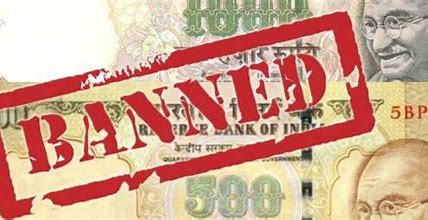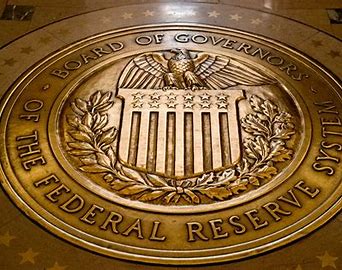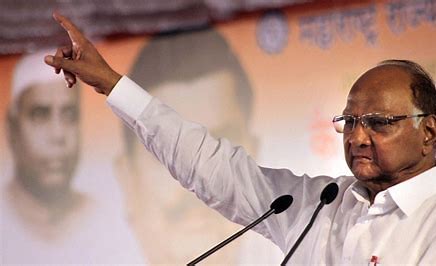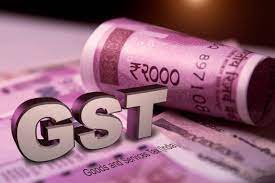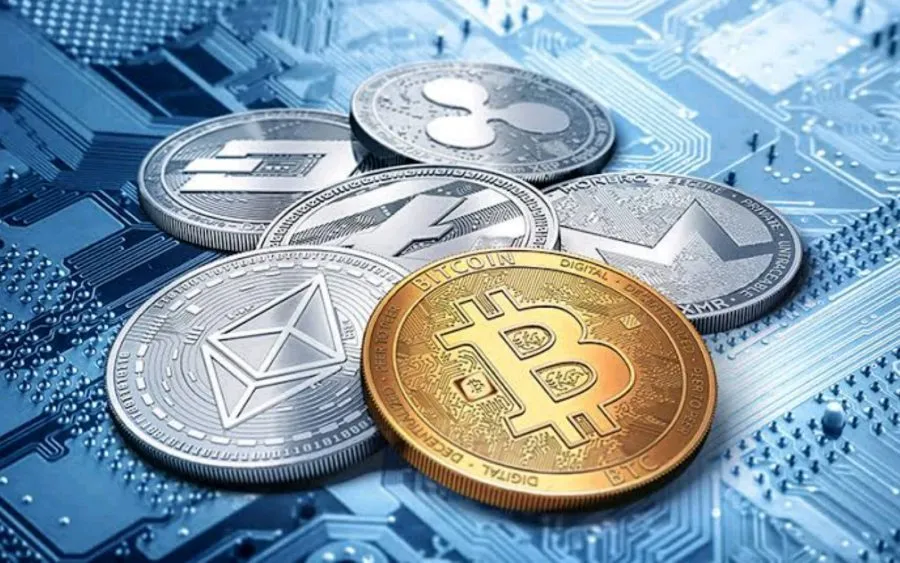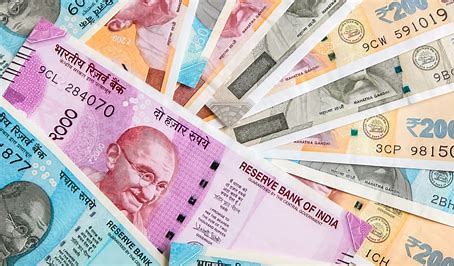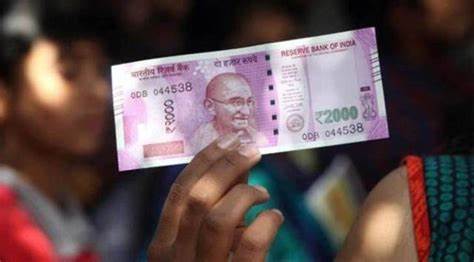
RBI's Decision to Withdraw Rs 2000 Bank Notes: Understanding the Implications
- Admin
Introduction:
In a recent move that has garnered widespread attention, the Reserve Bank of India (RBI) has decided to withdraw the Rs 2000 banknotes from circulation. This decision has sparked discussions and raised questions about the reasons behind the withdrawal and its impact on the Indian economy. In this blog post, we will explore the details of the RBI's decision to remove the Rs 2000 banknotes from circulation and its potential implications.
1. Background of the Rs 2000 Banknote:
The Rs 2000 banknote was introduced by the RBI in November 2016 as part of the currency restructuring exercise after the demonetization of Rs 1000 and Rs 500 banknotes. These high-value banknotes were aimed at facilitating large-value transactions and reducing the need for carrying a significant volume of lower denomination notes.
2. RBI's Rationalization of Currency:
The recent decision to withdraw the Rs 2000 banknotes is part of the RBI's ongoing efforts to rationalize the currency structure and address concerns related to counterfeit currency and black money. By removing the high-value banknotes, the RBI aims to promote transparency, curb illicit activities, and encourage digital transactions.
3. Impact on Cash Transactions:
The withdrawal of the Rs 2000 banknotes will have a direct impact on cash transactions, especially those involving high-value amounts. Businesses and individuals relying on these banknotes for their daily operations will need to adapt to alternative payment methods and lower denomination currency. This transition may require adjustments in cash management practices.
4. Digital Payments and Financial Inclusion:
The RBI's decision aligns with the government's push towards a digital economy and financial inclusion. By encouraging electronic transactions and reducing reliance on cash, the withdrawal of the Rs 2000 banknotes aims to promote the use of digital payment systems and improve access to financial services for all segments of society.
5. Counterfeit Currency and Black Money:
The elimination of the Rs 2000 banknotes is expected to have a positive impact on curbing counterfeit currency and addressing the challenges associated with black money. The withdrawal will make it more difficult for counterfeiters to replicate high-value currency, and it will also discourage the hoarding of unaccounted wealth in the form of cash.
6. Adjustments and Challenges:
While the decision to remove the Rs 2000 banknotes is a strategic move, it will require adjustments and may pose temporary challenges. Adequate availability of lower denomination notes and ensuring smooth transition in cash-dependent sectors will be crucial to minimizing disruptions and facilitating a seamless shift towards alternative payment methods.
7. Future Currency Developments:
The withdrawal of the Rs 2000 banknotes raises questions about the future of currency in India. The RBI is likely to focus on issuing banknotes with different denominations that align with the evolving needs of the economy, including the promotion of digital transactions and financial inclusion.
Conclusion:
The RBI's decision to withdraw the Rs 2000 banknotes from circulation marks a significant step towards the rationalization of currency in India. The move aims to address concerns related to counterfeit currency, black money, and promote a digital and transparent economy. While the transition may pose challenges in the short term, it presents an opportunity for the adoption of alternative payment methods and the further development of the financial ecosystem in India.


